🥒 Are Carrots Actually the Most Underrated Health Food?
You Thought It Was Just a Side Dish? Think Again.
Zucchini — also known as courgette — often flies under the radar. It doesn’t have the bold color of beets, the trendiness of kale, or the meme-worthy status of avocados. But if there’s one vegetable quietly doing the most in your kitchen, it’s probably this humble green squash.
Mild in flavor but rich in nutrients, zucchini is light, versatile, affordable, and surprisingly therapeutic — especially for digestion, weight management, and overall cellular health.
A Nutritional Profile That Surprises
100 grams of raw zucchini gives you:
- Over 30% of your daily vitamin C
- Vitamin A, potassium, magnesium, and B6
- Just 17 calories and almost zero fat
- 90–95% water content
- Soluble fiber and antioxidants like lutein and zeaxanthin
Zucchini is often praised for being “low in everything bad and high in everything good.” It’s a clean, easy-to-digest food that hydrates and nourishes your body at the same time.
Supports Gut Health and Weight Loss
Thanks to its high water content and gentle fiber, zucchini:
- Soothes the digestive system
- Helps prevent constipation
- Promotes a feeling of fullness without heaviness
- Supports healthy weight loss by lowering overall calorie density of meals
It’s a perfect food for people with sensitive stomachs, those recovering from illness, or anyone looking to eat lighter without sacrificing nutrients.
Natural Detox and Inflammation Control
Zucchini contains antioxidants such as vitamin C, beta-carotene, and manganese, which help reduce inflammation and oxidative stress — two major drivers of aging and chronic disease.
It also helps support liver function by promoting hydration and flushing toxins naturally. Combined with its potassium content, zucchini becomes a gentle detox-supporting food — ideal during hot months or after a heavy diet.
Blood Sugar and Heart Support
Zucchini has a very low glycemic index, which means it won’t spike your blood sugar. Its fiber slows down digestion, and the magnesium helps regulate insulin sensitivity.
Plus, the potassium helps control blood pressure, and its vitamin C content supports healthy cholesterol levels.
Even though it’s often labeled as a “lightweight” vegetable, its benefits go deep — especially for people with pre-diabetes, hypertension, or heart risk.
Cooked, Raw, or Even Baked into Cake
One of zucchini’s biggest strengths is its culinary flexibility:
- Raw: shaved thin in salads or spiralized into noodles (zoodles)
- Grilled: charred with olive oil, herbs, and lemon
- Sautéed: with garlic and onion — the classic Mediterranean style
- Baked: into casseroles, muffins, or even chocolate cake (yes, really!)
- Stuffed: with rice, lentils, or minced meat for a filling meal
💡 Pro Tip: Zucchini soaks up flavor from spices and sauces like a sponge. Use turmeric, cumin, or tomato-based sauces for a richer taste.
Cheap, Local, and Easy to Grow
In Kazakhstan and Central Asia, zucchini is widely available in summer and early autumn — often sold in bundles at bazaars for a fraction of the price of imported greens.
Better yet? They’re easy to grow even in backyard gardens or balconies, and they yield a lot from just a few plants.
If you’re trying to eat healthier on a budget, zucchini is a perfect staple.
Final Thoughts: The Stealthy Superfood
Zucchini may not shout for attention, but that’s part of its charm. It’s quiet, versatile, and incredibly useful in helping your body feel lighter, cleaner, and more balanced.
It supports digestion, reduces inflammation, hydrates the body, and adapts to almost any recipe. You can eat it every day without getting bored — and your body will thank you for it.




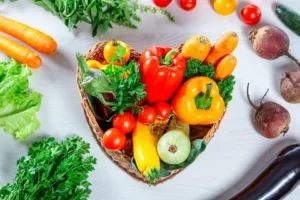
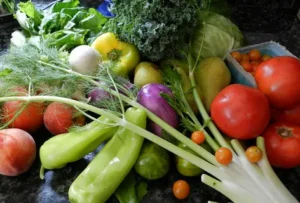
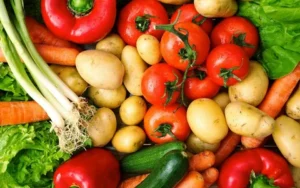
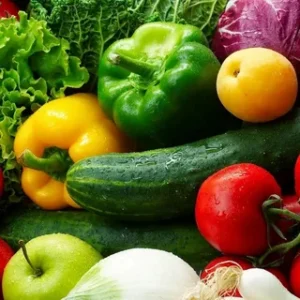
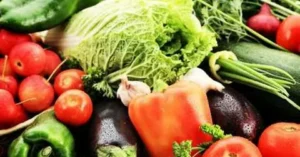
Post Comment